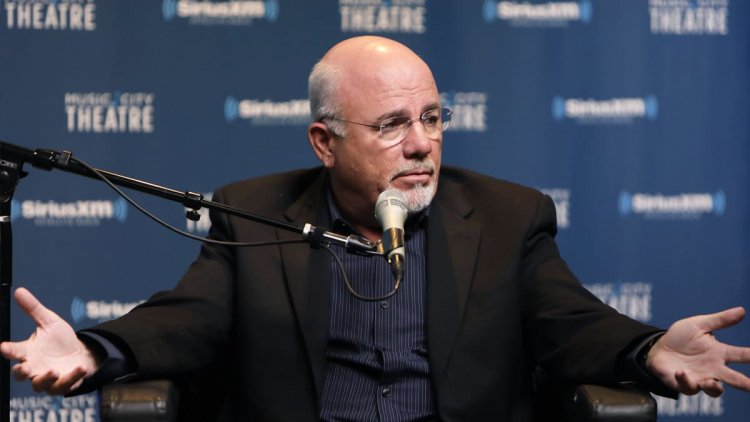Dave Ramsey Unveils Important Advice on Spending For Emergencies
There are three key questions to ask yourself.

There are three key questions to ask yourself.
As layoffs mount in the technology industry and elsewhere, many individuals and families are struggling to find solutions.
Because so many household budgets are tightening, one important spending necessity has garnered increased significance.
DON'T MISS: The Blunt Layoff Message Amazon CEO Andy Jassy Wrote to Workers
The spending priority at issue is emergency funds, and personal finance expert Dave Ramsey now offers some sage advice on how to know if a situation requires dipping into yours.
Ramsey says there are three questions that must be asked before making the decision to use money you've saved for emergencies.
Is it unexpected? There's a big difference between suddenly losing your income and forgetting that it's someone's birthday.
Is it absolutely necessary? Know the difference between a need and a want."
Is it urgent? Does it need to happen right now, or can you save up and do it later?
"Slow down and take the time to make smart money decisions," Ramsey tweeted on March 25.
Financial emergencies take many forms, including car accidents, medical bills, broken appliances, loss of income, and other suddenly damaged property such as cell phones.
"Setting up a dedicated savings or emergency fund is one essential way to protect yourself, and it’s one of the first steps you can take to start saving," writes the Consumer Financial Protection Bureau (CFPB). "By putting money aside -- even a small amount -- for these unplanned expenses, you’re able to recover quicker and get back on track towards reaching your larger savings goals."
The CFPB suggests a good way to build up an emergency fund is to make saving for it automatic.
"One common way to do this is to set up recurring transfers through your bank or credit union so money is moved automatically from your checking account to your savings account," the CFPB suggests. "You get to decide how much and how often, but once you have it set up, you’ll be making consistent contributions to your savings."
Get exclusive access to portfolio managers and their proven investing strategies with Real Money Pro. Get started now.
What's Your Reaction?


























































